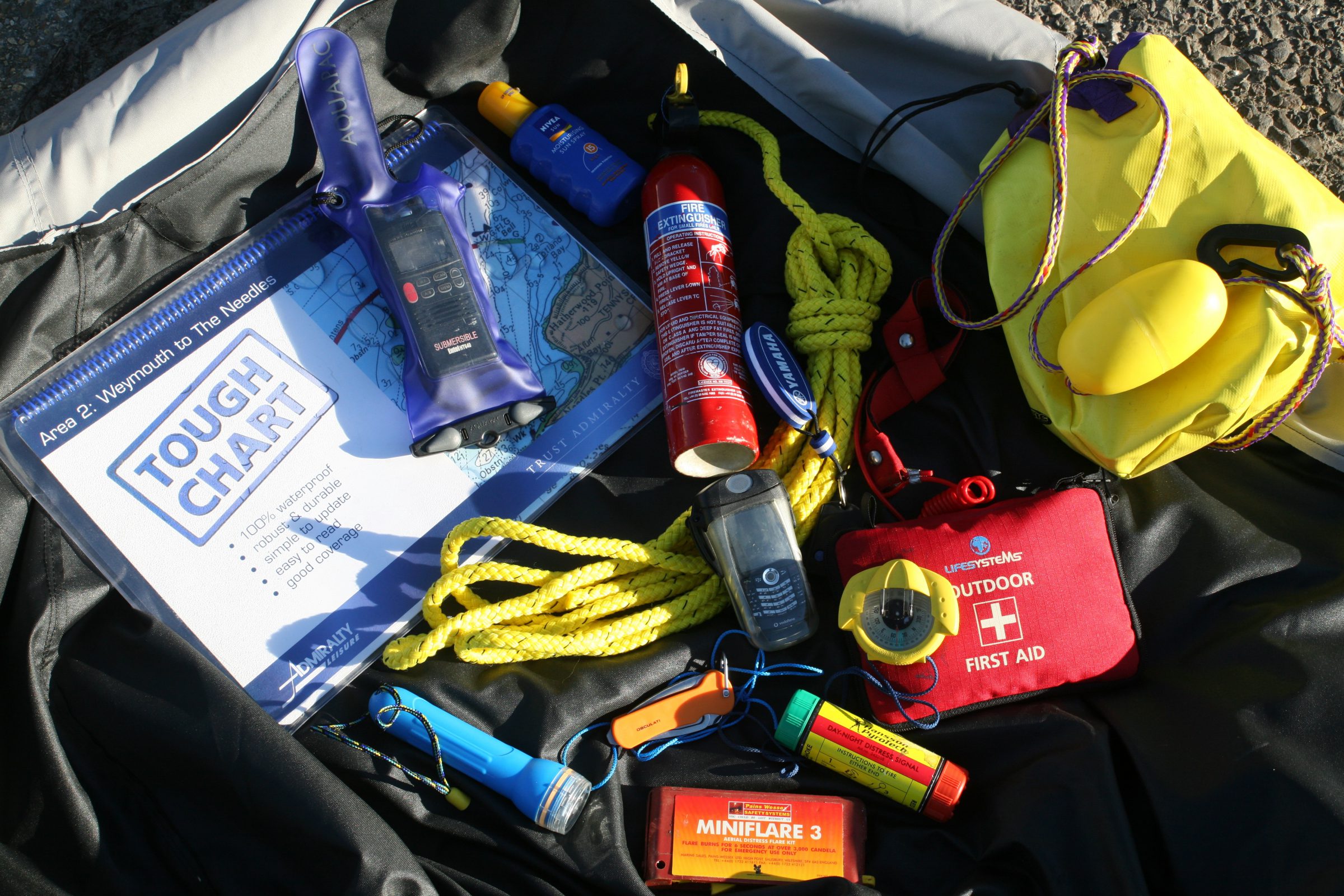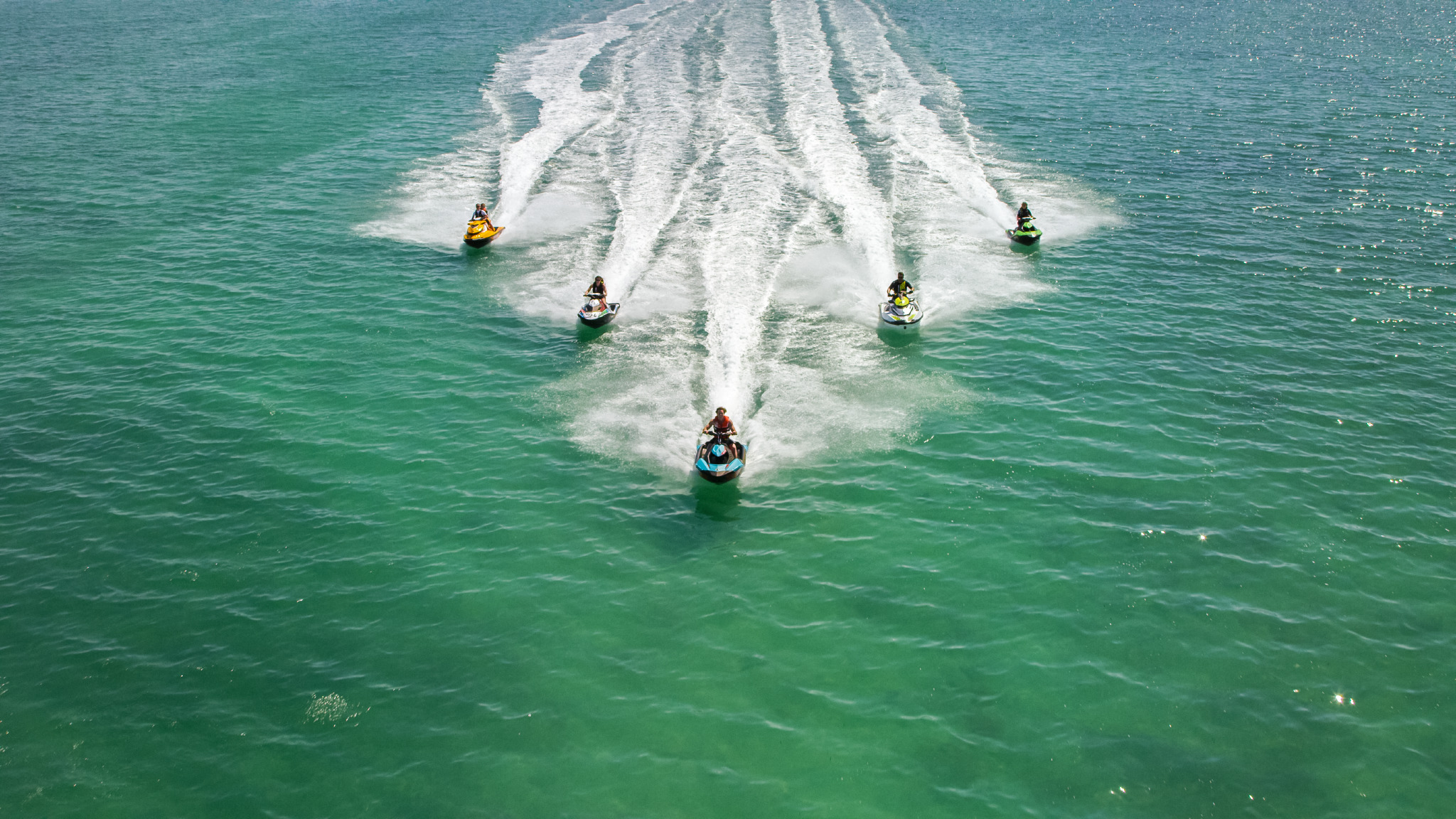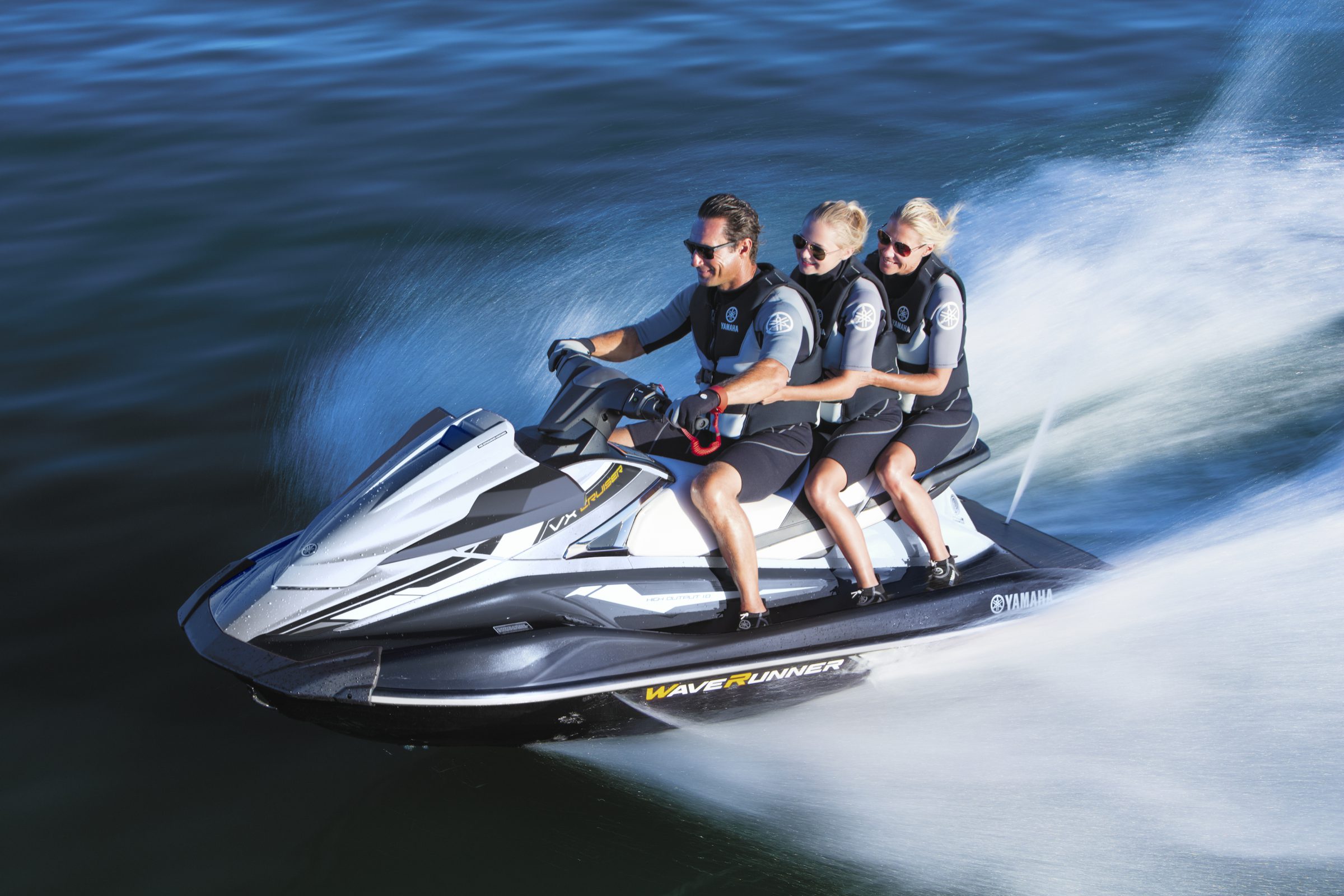Personal Watercraft Partnership Donate £200 To Sea Palling Independent Lifeboat
Sea Palling Independent Lifeboat have received a £200 donation from the Personal Watercraft Partnership. In December... Read more »
The Personal Watercraft Partnership (PWP) is a group of bodies involved in the Personal Watercraft industry in the UK; from manufacturers, the RYA, the British Marine Federation, to security and insurance brokers.
‘Action not Reaction’ is the PWP motto and we endeavour to help authorities implement effective PW management schemes for the benefit of all.
The PWP also supports the recreational use of personal watercraft and is actively involved in developing and assisting clubs around the country, encouraging RYA training & education, giving advice on Datatag security, insurance and legal issues.
Our experienced team and knowledgeable partners also act as advocates for both the industry and recreational users and monitor and deal with media and public relations issues.
If you need advice or assistance, just drop us a line at info@pwp.org.uk.
The PWP team comprises directors, advisors and partners with a wealth of experience and knowledge. In addition, we have a number of Ambassadors who are keen enthusiasts and provide valuable input and feedback from the PW community around the country.
 Andrew Norton, Executive Director – PWP
Andrew Norton, Executive Director – PWP
Personal Watercraft are fast, fun and are easily launched and manoeuvred on and off the water. Their use is now an established form of water sport with enthusiastic participants enjoying the undeniable thrills this kind of craft can provide.
However, most PW use takes place in the close inshore zone. This poses a challenge to coastal managers; how to provide opportunities for users to enjoy themselves without risking the safety and enjoyment of others.
The management guide has been designed to help meet that challenge. It does not, however, attempt to provide a solution to all problems but by summarising management practices through case studies it enables those who have put much effort into their local management to pass on their experience for the benefit of other authorities.

Whether you just want to have a go on holiday or buy your own machine, the RYA Personal Watercraft Proficiency Course will teach you how to safely enjoy your experience.

Our 1,600+ members come from a broad range of businesses including boat builders, chandlers, brokers, marinas, passenger boats and engines.

Get the latest links and downloads here, including the new PWC Management Guide for local & harbour authorities.